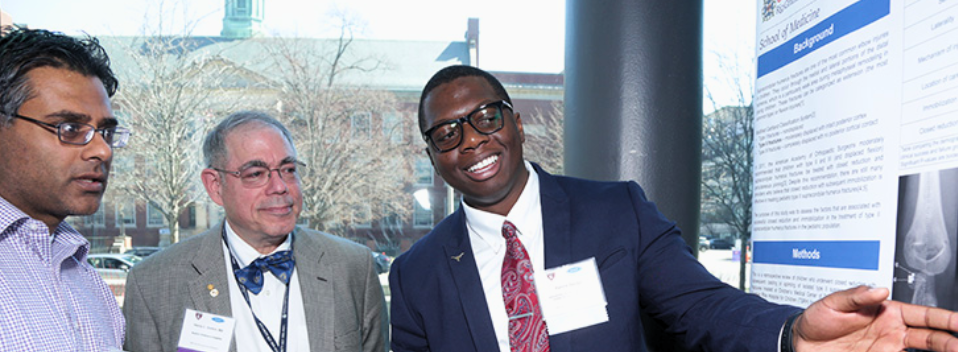
MEDI 9331 Scholarly Activities Clinical Years
Document Type
Article
Publication Date
12-2020
Abstract
Stroke is a leading cause of long-term disability in the United States. Previous research has shown a strong correlation between damage to the corticospinal tract (CST) and motor deficits in post-stroke patients. However, recent research suggests that other sensorimotor pathways (rubrospinal tract, medial reticulospinal tract) are damaged after stroke and may also contribute to motor dysfunction. Here, we will review current research suggesting that alternate sensorimotor pathways are involved in post-stroke motor dysfunction and outline possible avenues for future research.
Recommended Citation
Mannuru, Sravani; Uppati, Sarvani; and Baker, Kelsey, "What's going on with the spine? Evaluation of alternative sensorimotor degeneration post-stroke" (2020). MEDI 9331 Scholarly Activities Clinical Years. 23.
https://scholarworks.utrgv.edu/som9331/23
Academic Level
medical student
Mentor/PI Department
Molecular Science

